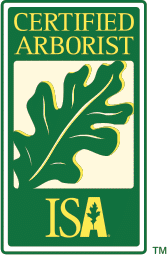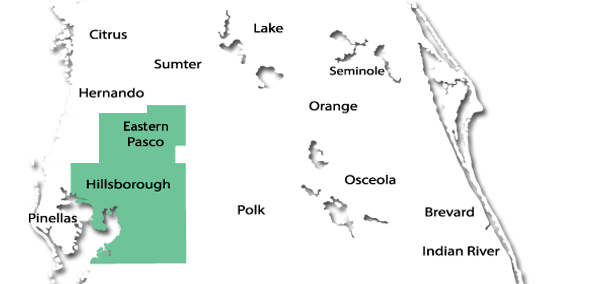Sustainable Tree Care Practices for Florida Homeowners
Florida’s diverse and lush landscape is home to a variety of trees that enhance the beauty of residential properties while providing shade, improving air quality, and supporting local ecosystems. However, proper tree care requires an environmentally conscious approach to ensure the health of trees and the surrounding environment. By adopting sustainable tree care practices, Florida homeowners can maintain thriving landscapes while minimizing negative ecological impacts.
1. Choose Native and Drought-Resistant Trees
Planting native tree species, such as Live Oaks, Bald Cypress, and Southern Magnolias, helps create a resilient landscape. Native trees are well-adapted to Florida’s climate, requiring less water and fewer chemical treatments compared to non-native species. Drought-resistant trees also reduce the need for excessive irrigation, conserving water resources.
2. Practice Proper Mulching
Mulching around the base of trees retains soil moisture, regulates temperature, and reduces weed competition. Organic mulch, such as wood chips or pine straw, provides nutrients as it decomposes. However, avoid piling mulch directly against the trunk, as this can encourage rot and pest infestations.
3. Use Water-Efficient Irrigation Techniques
Overwatering can lead to root rot and weaken trees. Instead, implement deep but infrequent watering to encourage deep root growth. Drip irrigation and soaker hoses are excellent options for delivering water efficiently while reducing runoff and evaporation.
4. Avoid Harmful Chemical Treatments
Pesticides and herbicides can harm beneficial insects and disrupt the local ecosystem. Instead, opt for integrated pest management (IPM), which includes natural predators, beneficial fungi, and organic treatments to control pests and diseases in a sustainable way.
5. Prune Thoughtfully and Strategically
Regular pruning helps maintain tree health, but excessive trimming can stress the tree. Focus on removing dead or diseased branches, and avoid cutting more than 25% of the tree’s canopy at one time. Sustainable pruning methods also help trees withstand Florida’s frequent storms and high winds.
6. Recycle Yard Waste
Rather than disposing of leaves, branches, and tree clippings, use them for composting or as mulch. This reduces landfill waste and returns valuable nutrients to the soil, promoting a healthier landscape.
7. Support Local Wildlife
Trees serve as habitats for birds, pollinators, and other wildlife. Consider planting fruit-bearing or flowering trees, such as Red Maples or Dahoon Hollies, to support biodiversity while enhancing your landscape. Leaving some dead wood in less conspicuous areas can also provide shelter for beneficial insects and small animals.
8. Plan for Storm Preparedness
Florida’s hurricane season poses risks to trees, making storm preparation a key aspect of sustainable care. Regularly inspect trees for weak limbs, decay, or structural issues. When planting new trees, space them properly and avoid planting too close to buildings or power lines.
Conclusion
By implementing sustainable tree care practices, Florida homeowners can ensure their trees remain healthy while benefiting the environment. Choosing native species, using eco-friendly maintenance techniques, and preparing for extreme weather are all steps toward a greener and more resilient landscape. Mid Florida Tree Service is committed to providing expert guidance and services to help homeowners maintain beautiful and sustainable tree canopies.










Share On: